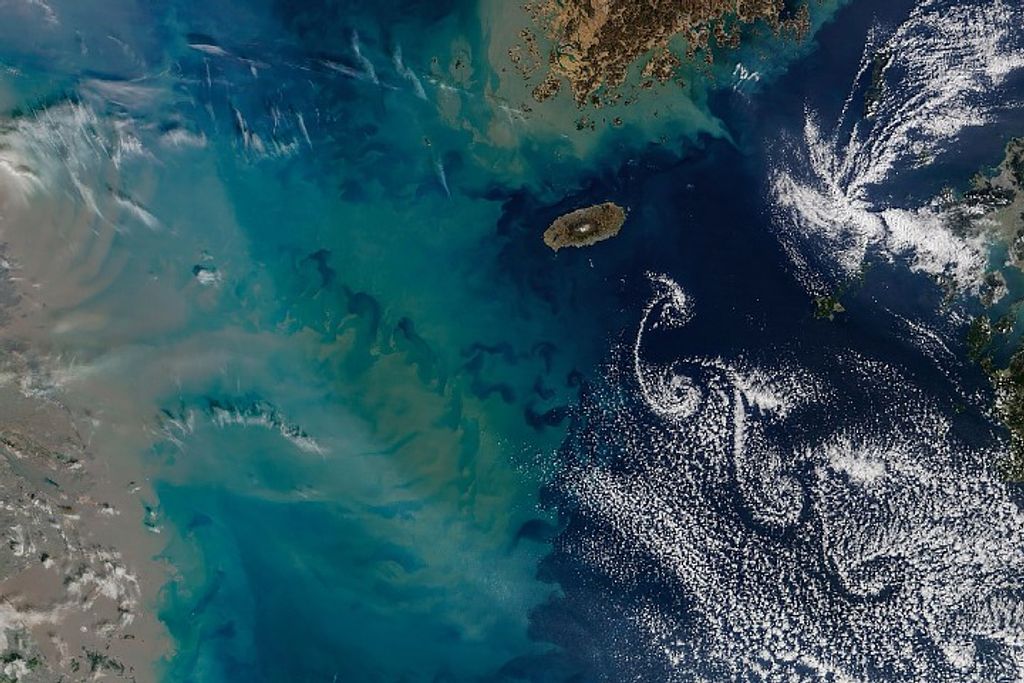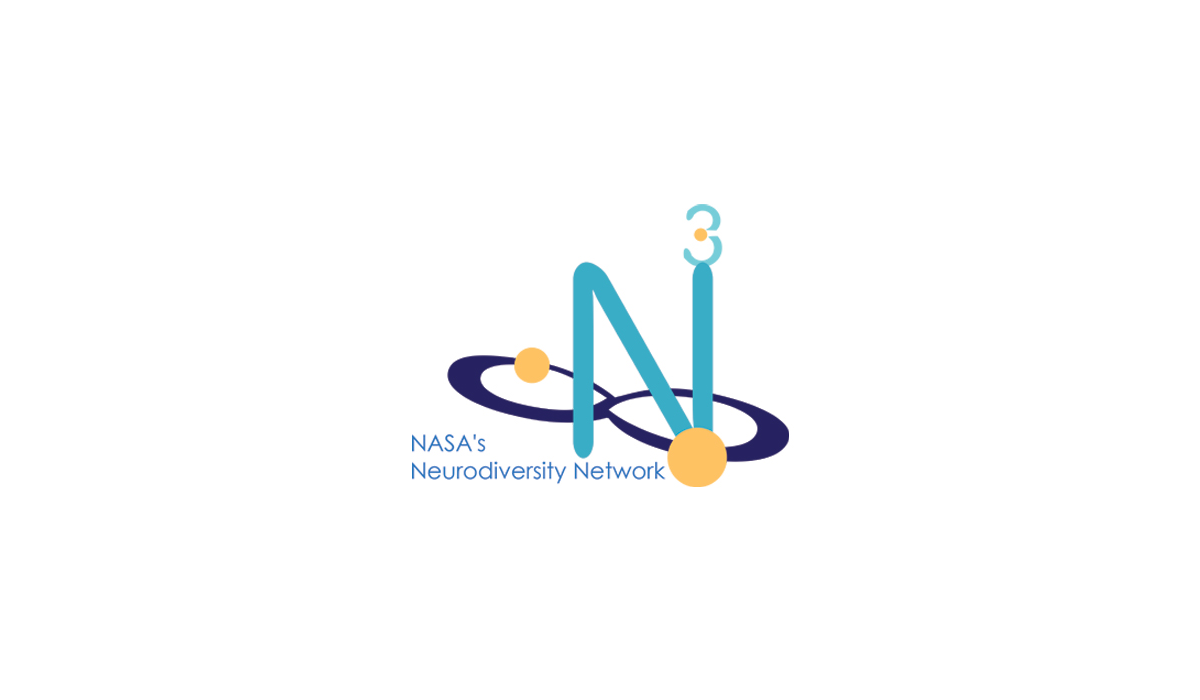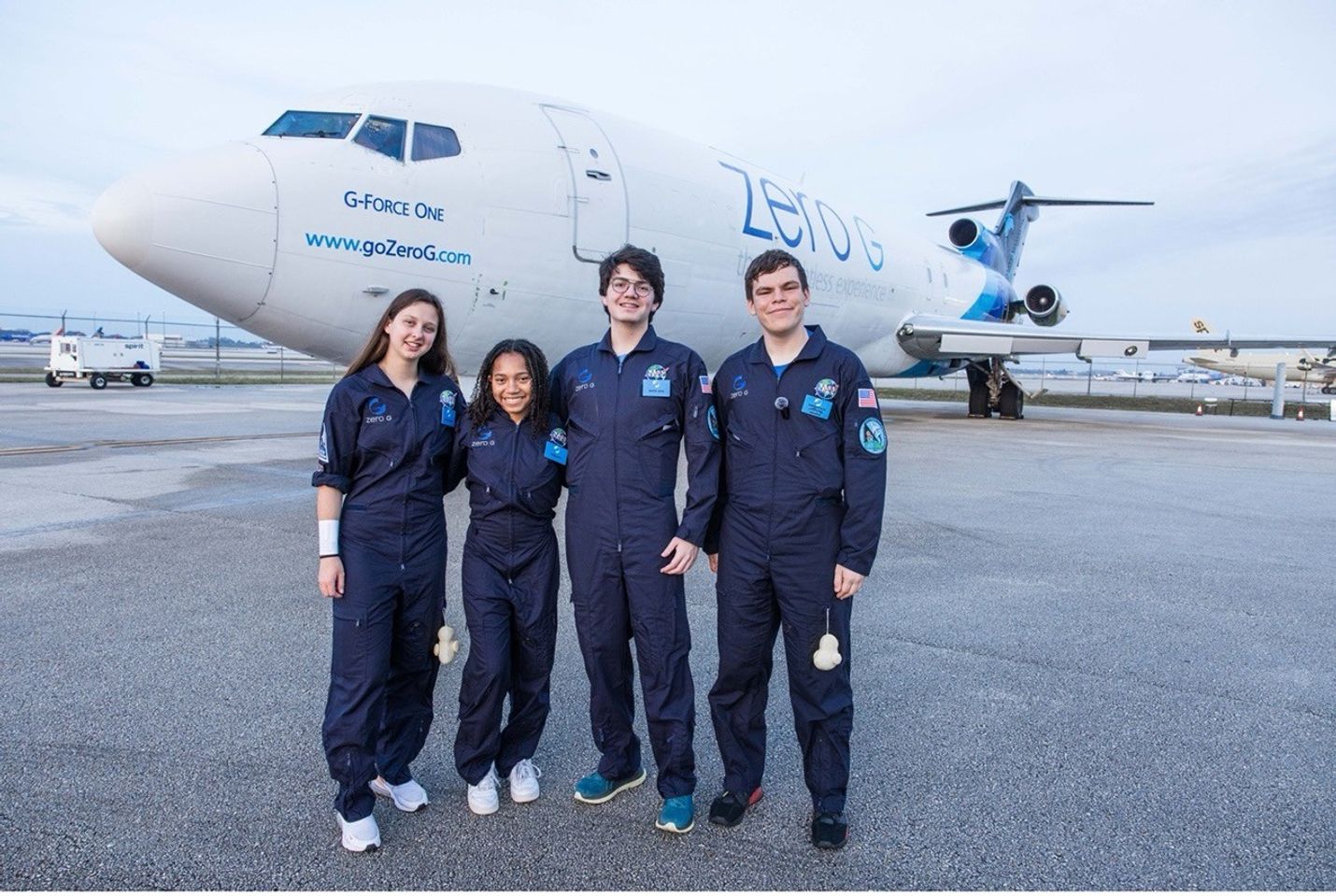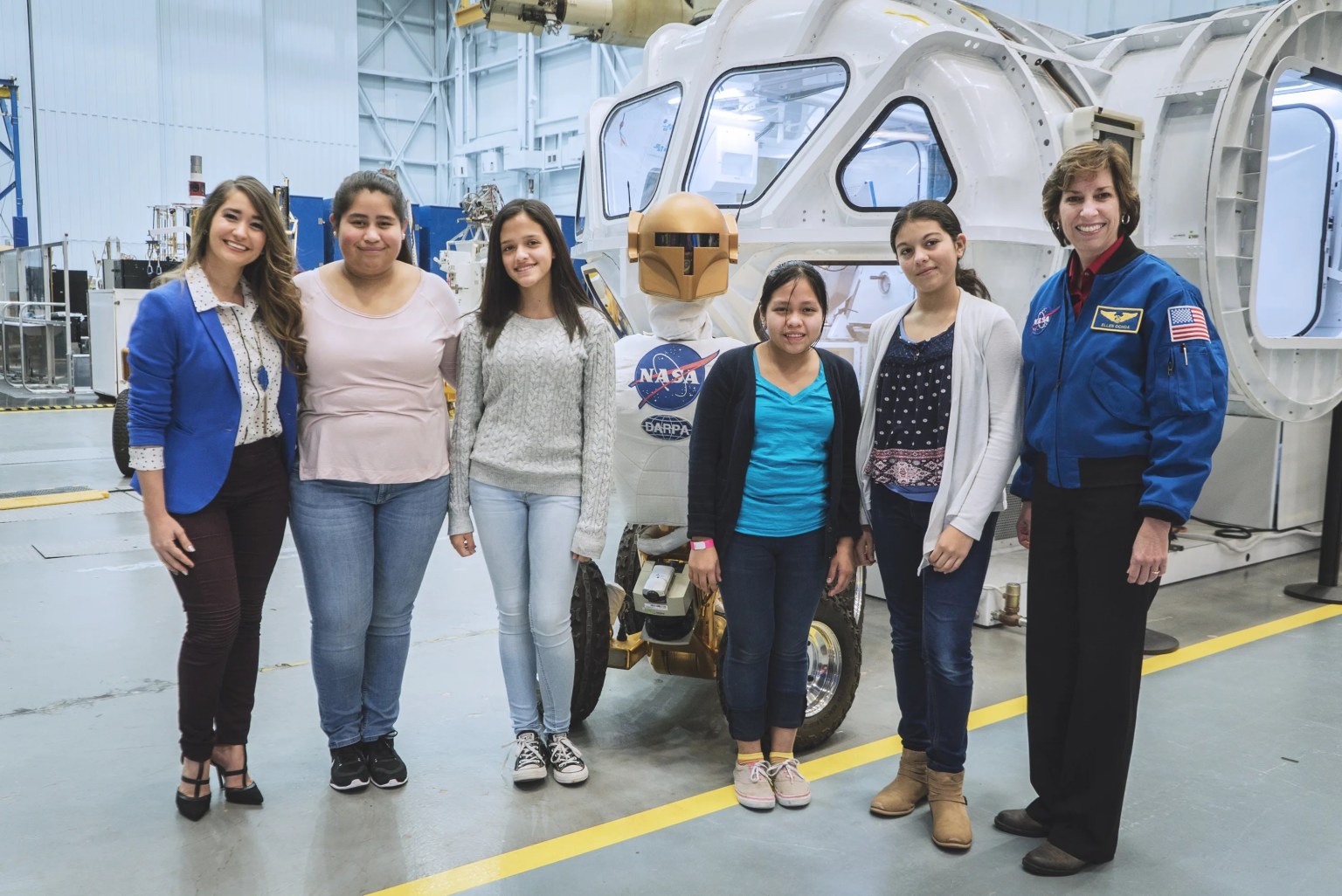NASA’s Neurodiversity Network
Co-developing neurodiversity-friendly NASA experiences & STEM education resources.
Experienced NASA educators at Sonoma State University, together with autism education specialists from the Education Development Center and informal education experts from the New York Hall of Science are leading a five-year program, NASA’s Neurodiversity Network (N3), that will provide a pathway to NASA participation and STEM employment for neurodiverse learners, with a focus on those on the autism spectrum. This project targets all four of the top-level goals for NASA’s Science Activation program (SciAct): we will enable STEM education for a segment of the population that is significantly underserved and our efforts will improve scientific literacy for this underserved population, advancing national education goals by providing authentic NASA experiences for autistic STEM learners.
Neurodiversity may be every bit as crucial for the human race as biodiversity is for life in general.

Harvey Blume's article "Neurodiversity" in the Atlantic (1998)
Despite having great potential to join NASA’s workforce and/or contribute to future NASA programs, autistic learners and those with other learning differences have not previously been targeted for inclusion in SciAct. To address this situation, NASA educators and experts on ASD and informal learning will team with autistic learners to co-develop a cross-division SciAct program that will:
- identify existing NASA resources that can be modified for accessibility;
- modify and test the resources with autistic and other neurodiverse learners to ensure that they meet documented needs;
- disseminate the resources through existing NASA SciAct groups, national youth networks and autism-serving organizations;
- conduct professional development for informal educators and SciAct members that work with youth groups to ensure that autistic learners are included in an equitable manner in activities;
- conduct professional development for NASA Subject Matter Experts who will serve as mentors to autistic teens selected for internships; and
- engage selected outstanding teens, including those on the autism spectrum, in NASA-related internships. WestEd evaluators will conduct formative and summative assessments to ensure program excellence and cohesiveness with overarching SciAct goals.






























